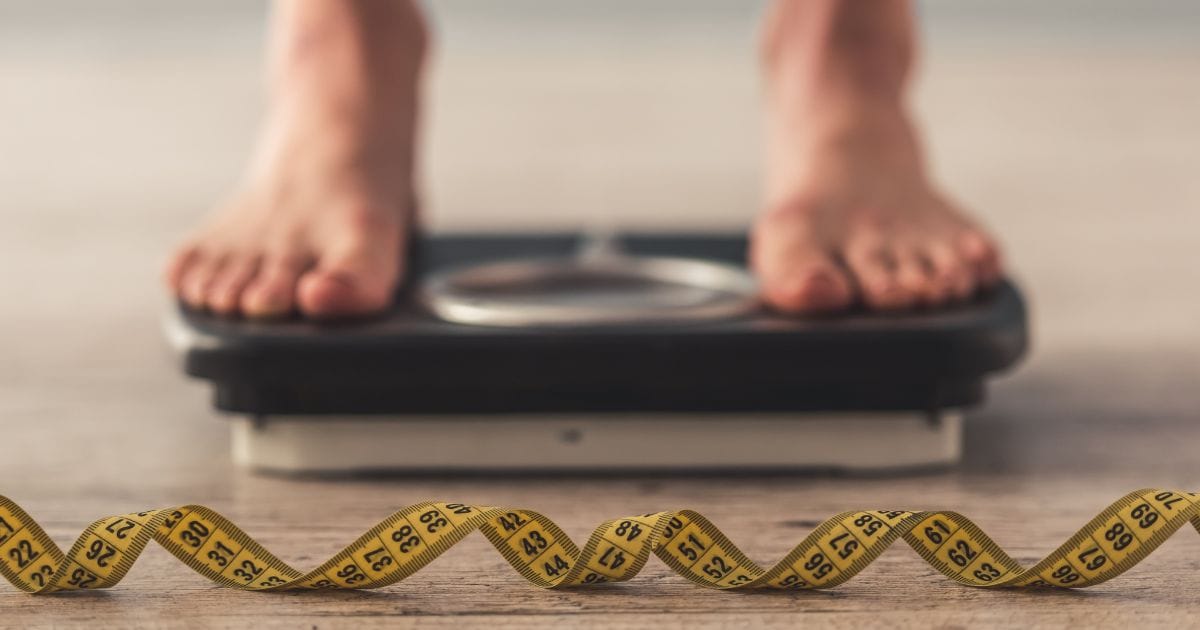If you’ve ever stepped on the scales first thing in the morning and let that little number decide how the rest of your day goes—you’re not alone. Most of us have been there.
And if you’ve ever weighed yourself, felt a pang of disappointment, and then skipped breakfast or pushed harder in a workout—you’re definitely not alone.
But here’s the thing: the scale might not be helping as much as we’ve been led to believe. In fact, it could be doing more harm than good. Let me explain.
The Study That Says: “Hold on a Minute”
A 2018 study published in the Journal of Consulting and Clinical Psychology—by Rohde, Arigo, et al.—looked at what happens when young adults weigh themselves frequently. And what they found was pretty eye-opening:
- Daily weighing didn’t help with long-term weight loss. In fact, it was linked to weight gain over time.
- More frequent weighing was associated with increased disordered eating behaviors—like binge eating, food restriction, and body dissatisfaction.
- And this was especially true for individuals who already struggled with body image or emotional eating.
So rather than helping people feel in control, weighing themselves every day actually made things worse.
Why the Scale Messes With Our Minds
The scale gives us a number. That’s it. It doesn’t tell you:
- How strong you’re getting
- How your sleep is improving
- How much calmer you feel
- How your energy levels are lifting
- Or how you’ve stopped snacking at night for the first time in months
It just gives you one number. And that number can be affected by hormones, hydration, salt, stress, sleep, and even how much you’ve breathed in since you woke up.
So why do we let it speak so loudly?
Because We Were Taught To
We were taught as women that weight = health. That smaller = better. That success = a lower number.
It is so painful writing that and seeing how much of my life was dictated by this brainwashing clap trap.
But that thinking is outdated. And if it’s making you feel stuck, ashamed, or like you’re constantly chasing an impossible goal—it might be time to loosen your grip on the scale.
This isn’t about being anti-health. It’s about being pro-you. Pro-wholeness. Pro-well-being.
If You’re Not Ready to Let It Go—That’s Okay
I get it. For some of us, the scale feels like an anchor. It’s a way to measure progress, control, or routine. And it can be hard to let go of something that’s been with us for years.
But maybe, just maybe, you’re ready to try something different.
So here are some other ways—gentler, kinder, more human ways—to track how you’re doing:
12 Better Ways to Measure Your Progress (That Have Nothing to Do with the Scale)
- Energy – Do you have more get-up-and-go?
- Sleep – Are you waking up more rested?
- Mood – Do you feel less snappy, more stable?
- Clothes – Are they fitting differently? More comfortably?
- Strength – Can you lift, carry, walk or move with more ease?
- Stamina – Can you get through your day without collapsing at 4pm?
- Digestion – Less bloating, more regularity?
- Cravings – Are they easing up?
- Skin, hair, nails – Looking a bit brighter or stronger?
- Focus – Less brain fog, more clarity?
- Blood pressure or blood sugar – These markers matter more than weight alone.
- Your own gut feeling – Do you feel better in your body?
Your Worth Is Not Measured in Pounds or Kilograms
You are more than a number. And your journey deserves more than a tool that often lies and always judges.
Let’s look at our progress the way we’d look at someone we love—with softness, with nuance, with kindness.
You’re doing better than you think. And if the scale is getting in the way of your peace? It might be time to let it go.
No drama. No shame. Just a quiet decision to measure your life in real ways.
I’m with you.
x





